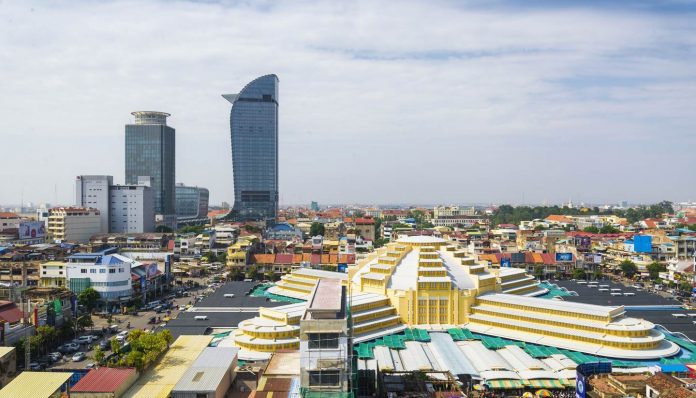Cambodia’s employment sector is on a positive trajectory, with a projected 10.2 million workers by 2026.
The Ministry of Labour and Vocational Training has launched a ten-point plan to enhance workers’ skills, focusing on English, Chinese, technical expertise, and customer service.
In a significant development for Cambodia’s employment landscape, the Ministry of Labour and Vocational Training has issued Notification No. 110/23, providing clarity on work permit and employment card applications.
This comes as the country anticipates a robust labour growth rate of 2.5% annually, with projections estimating up to 10.2 million employed individuals by 2026.
Cambodia’s employment outlook: a positive trajectory
As of February 12, 2024, Cambodia’s employment sector is experiencing an optimistic surge, driven primarily by industries such as hospitality, tourism, construction, and manufacturing.
This positive trend is expected to continue, with the Ministry of Labour and Vocational Training forecasting a labour force of approximately 10.2 million people by 2026.
Ministry of Labour and Vocational Training’s ten-point plan
To address the projected growth and enhance the capabilities of the Kingdom’s workforce, the Ministry has unveiled a comprehensive ten-point plan.
This strategic initiative aims to equip the labour force with the necessary skills to meet the evolving demands of the job market.
Skills in demand: English, Chinese, technical expertise and customer service
Employers in Cambodia are increasingly seeking candidates proficient in English and Chinese languages, in addition to technical skills and customer service abilities.
As the country continues to strengthen its ties with international partners and expand its economic sectors, these competencies are becoming essential for job seekers.
In line with these developments, the Ministry of Labour and Vocational Training has taken steps to streamline the process for work permits and employment cards.
Notification No. 110/23 outlines the specific parties required to apply for these documents, ensuring a smoother experience for both employers and employees.
Furthermore, Cambodia has announced an increase in the minimum wage for the garment, footwear, and travel product sectors, effective in 2024.
This move signifies the country’s commitment to improving labor conditions and supporting the well-being of its workforce.
As Cambodia continues to forge ahead in its employment growth, the Ministry of Labour and Vocational Training remains steadfast in its efforts to empower the nation’s workers.
With a focus on skill development and streamlined processes, the Kingdom is poised to make significant strides in the global employment landscape.
In conclusion, Cambodia’s employment sector is witnessing a promising trajectory, driven by a diverse range of industries and an increasing demand for skilled workers.
As the country prepares for a projected labour force of 10.2 million people by 2026, the Ministry of Labour and Vocational Training is taking proactive measures to support this growth and ensure a competent, capable workforce. – BNN






















